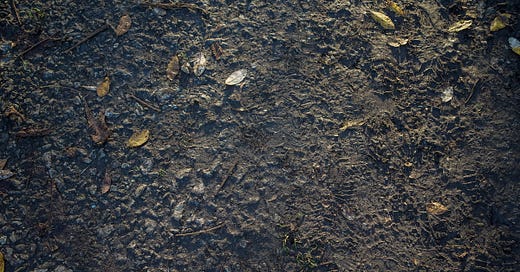On reaching a rock bottom, and on silver linings
I wrote this piece several years ago for the now-defunct online magazine The Kindred Voice. Here, I describe events that happened around 2014-2016 as I battled with Graves Disease - and the lack of awareness and understanding of it from people around me. With December being Graves Disease Awareness Month, I thought it would be good to bring the piece over here so it doesn’t get lost in the black hole of world wide web - but also as a reminder to myself that I can, indeed, do hard things even when it feels impossible.
It’s also interesting to see how my writing, my voice - and my understanding of myself - has evolved in the past 5 years. I (mostly) resisted the temptation to edit this piece, leaving as it was written back in 2019, even though I would probably write it very differently now.
It was also written prior to my realisation that I am, indeed, autistic. With hindsight, I believe that it was severe autistic burnout that led to my body, tired of dropping subtle hints, to finally g…





